Balancing essential supplements
Emily Nickles, Editor-in-Chief

I’m a vegetarian. This phrase is often forced out of me as an explanation of why I can’t eat something. I would really love a piece of that pizza, but that pepperoni really isn’t on my menu.
As a result, I typically encounter people who seem unnecessarily concerned about my health. This concern rests mainly on my intake of nutrients: primarily protein and iron. They all have valid concerns, but some are misconceived. I’ve discussed protein in this column previously, so I will focus on how iron is different for a vegetarian.
According to WebMD, the online medical encyclopedia, mature women between the ages of 19-50 need 18 mg of iron daily, due to the fact that women lose blood each month naturally. Men, however, only need 8 mg per day.
Despite this large quantity of iron needed daily compared to men, only 10 percent of women are approximated to have an iron deficiency as recorded by the Center for Disease Control and Prevention. It is true that it is the most common nutrient deficiency in the U.S., but that also includes the main population of omnivores.
Vegetarians primarily get their nutrients from plant-based products. The iron in plants is different from that found in meat because of its composition. The website www.redcrossblood.org explains that the iron found in meat is called heme, while plant-based iron is called non-heme. Heme is absorbed more readily by the body due to its origins in the blood-enriched tissues of animals. Non-heme is more difficult to digest and absorb because it doesn’t come from a blood source. Non-heme is even found in some meats.
About 30 percent of heme can be absorbed by the body in one meal, but only a maximum of 10 percent can be stored from non-heme. Eating more food sources with iron may not necessarily help absorption of iron.
However, what experts fail to explain is that both types of iron can be aided in digestion. Foods high in vitamin C help increase the rate of iron absorbed by the body. That’s why doctors tell anemic patients to take an iron supplement with a glass of orange juice.
If, say, a person were to prepare a meal with spinach, tomatoes and lemon juice—like a Mediterranean dish—they would be subconsciously providing the perfect catalyst for their body to absorb iron. It’s not that hard. Vegetarians just have to be informed and prepared to create a balance.

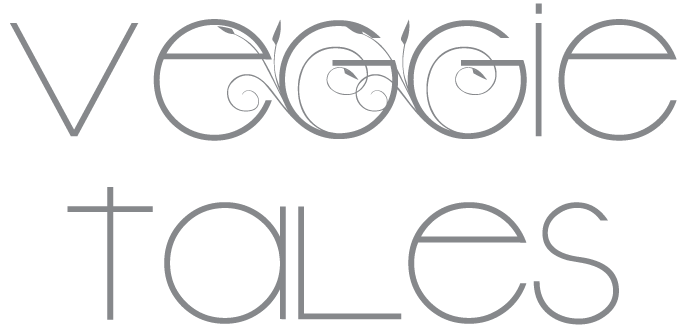
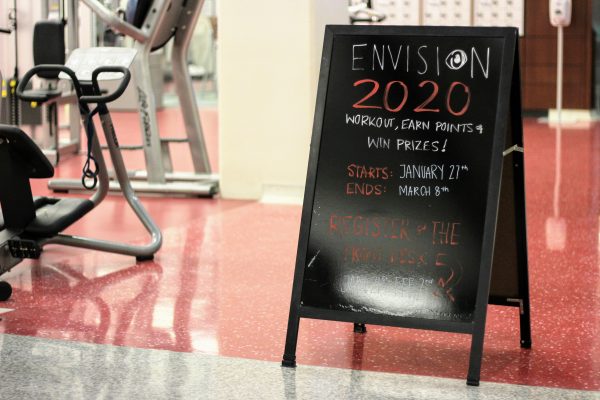


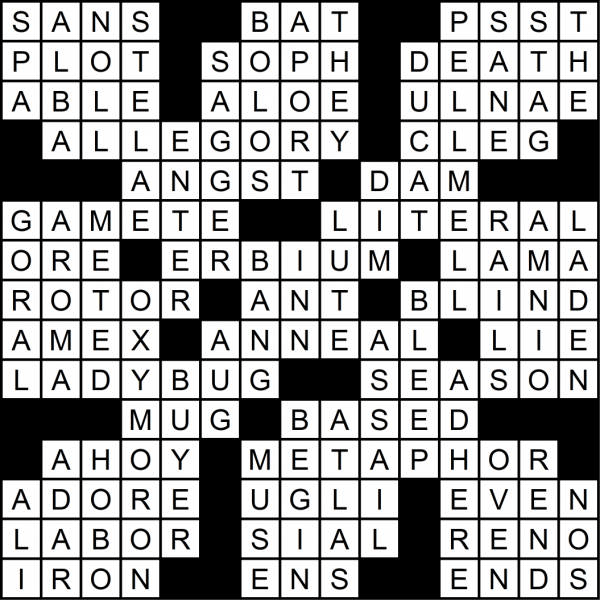



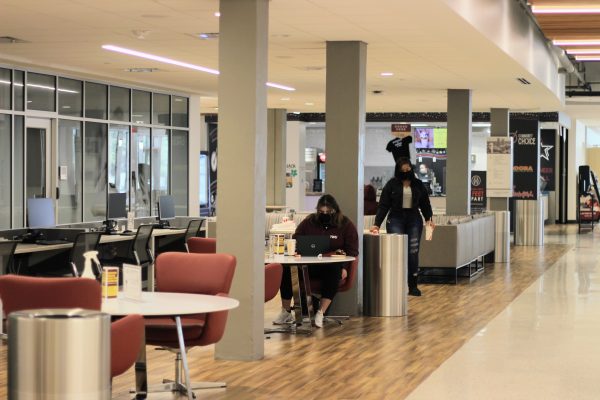

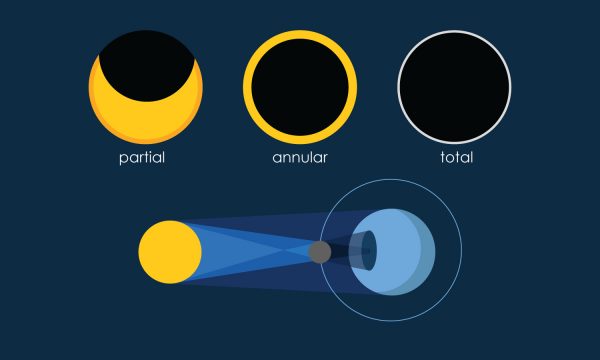

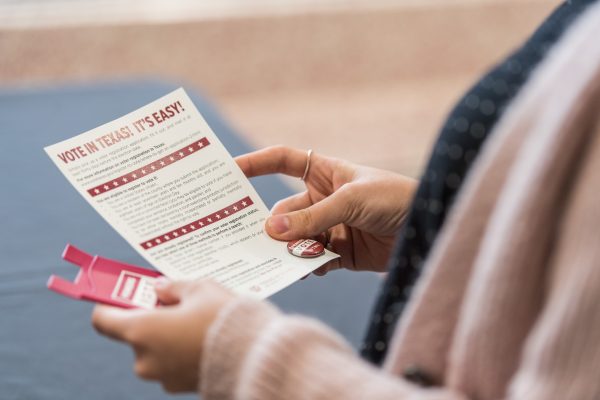


Be First to Comment